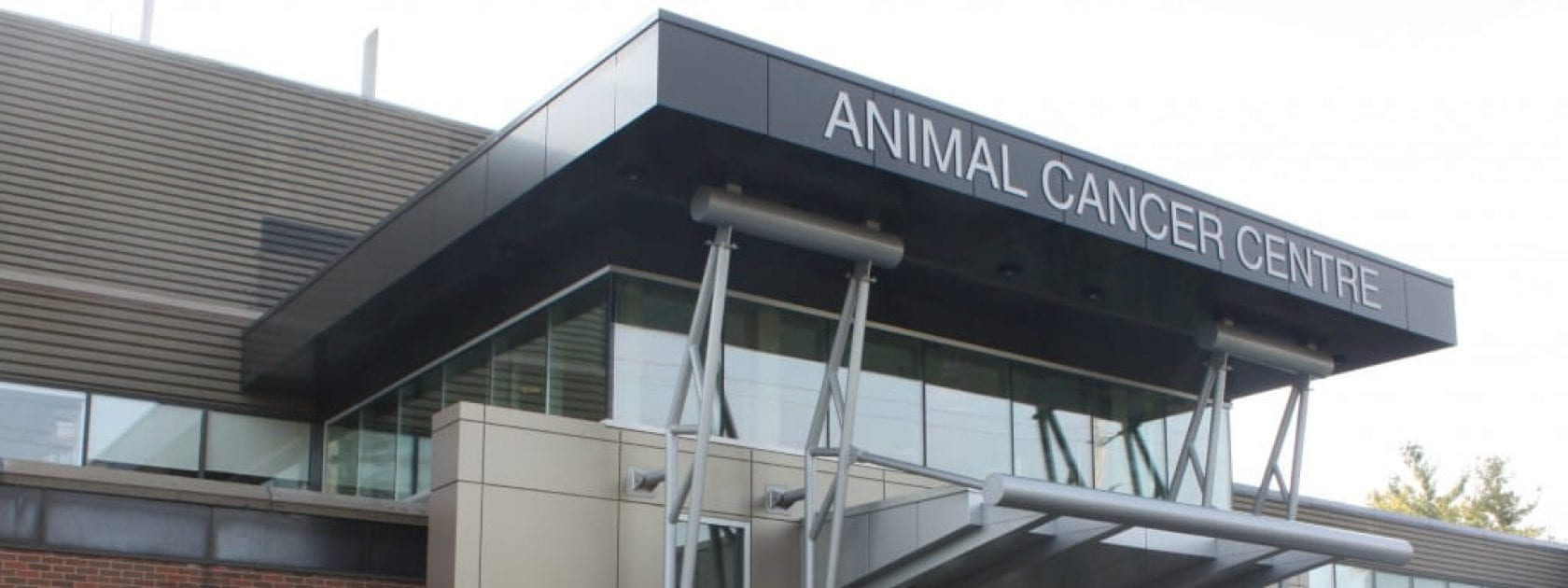** STUDY ON-HOLD **
Background:
Extracellular vesicles (EVs) are tiny rounded, membrane-surrounded structures (like bubbles) released by cells into their surroundings. Tumours produce them in large quantities, and they carry a large number of molecules (such as proteins) that are specific to the particular tumour that produced them. Once released, EVs enter blood circulation and other body fluids, such as urine. Therefore, they can be isolated in a relatively non-invasive manner from patient’s blood and urine, which make of them ideal “biomarkers” of disease.
The purpose of this research is to isolate EVs produced by canine bone tumours and their colonies in the lungs. Once isolated, they will be analyzed in depth to identify specific features, that could inform the veterinary clinicians on the stage of advance of the tumour, and the best course of treatment. Our analysis may also lead to the discovery of key features of the tumour cells we could potentially target to treat canine osteosarcoma patients in a more efficient way.
The goals of this study are to:
- establish the appropriate method to maintain freshly obtained tumour tissue in vitro, and thus isolate good quality EVs released by this tumour tissue,
- use a method known as mass spectrometry to identify specific proteins carried by these isolated EVs,
- establish the differences between the proteins in the EVs from original bone tumours and their colonies in the lungs, in order to create an “EV signature” of osteosarcoma malignancy,
- To test the capacity of this signature to predict the outcome of patients, and their therapy response.
Inclusion criteria:
- Patients with a confirmed diagnosis of osteosarcoma.
- Amputation of the affected limb as part of the treatment plan at OVC
Samples required:
- Bone tumour after amputation
- If possible: lung sample (post-euthanasia at OVC – additional consent required)
Client Compensation:
- Euthanasia at OVC, including drugs used for the procedure.
- Consultation prior to euthanasia, if needed and at the discretion of the OVC clinician
Postmortem is offered free of charge to clients that opt for it.
Researchers:
- Dr. Alicia M. Viloria-Petit (PI)
Contact:
Vicky Sabine (PhD), Clinical Research Coordinator
- Work Cell #: 226-218-0338
- Email: ovc.clinicaltrials@uoguelph.ca


